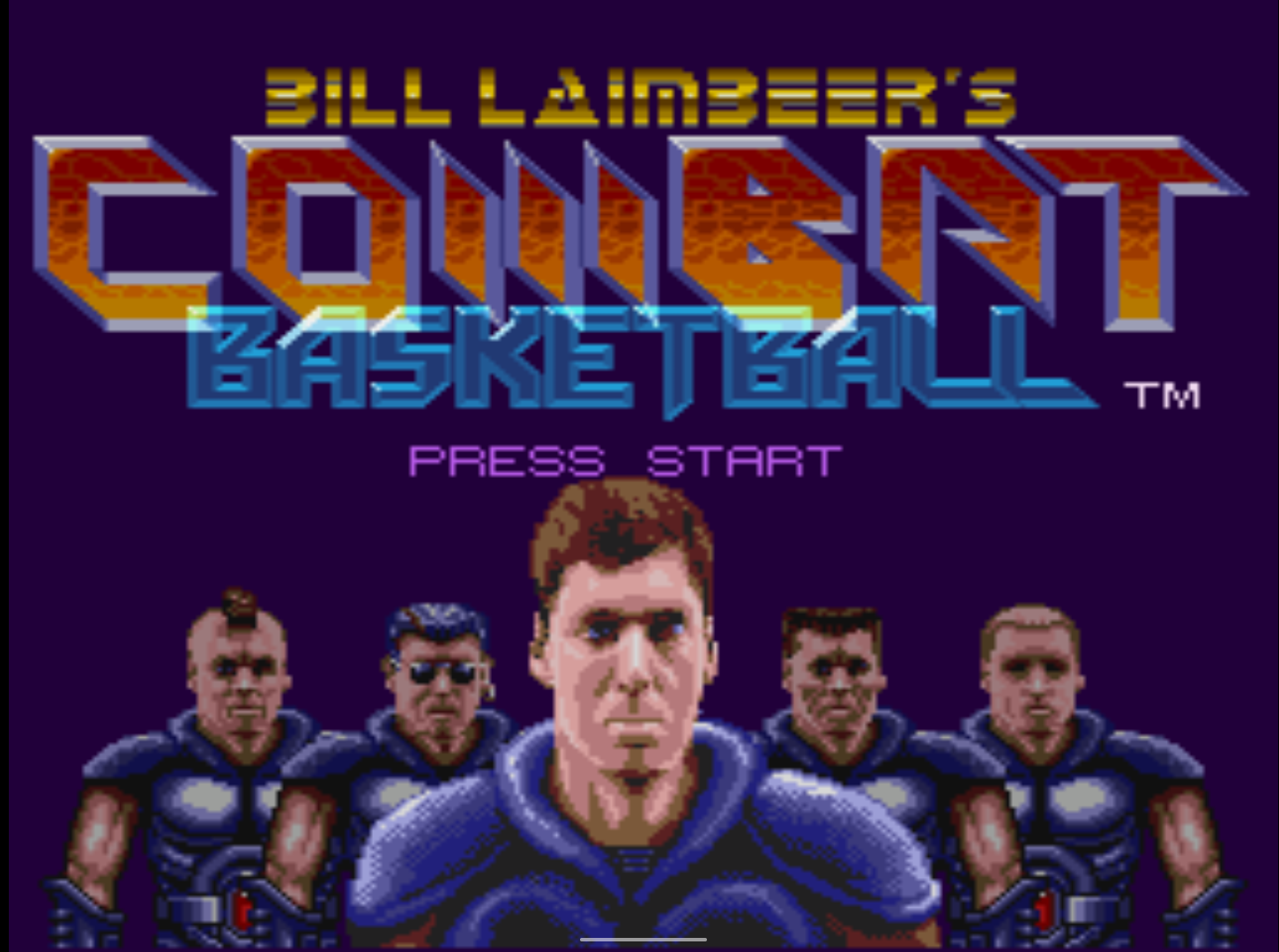Meta's money well spent

Meta continues to burn money on the metaverse like it's going out of style, even though by all accounts it has been entirely out of style for some time now.
The company lost another $4.4 billion on its Reality Labs AR/VR division in the last quarter, the company announced this week in its earnings report.
As for revenue, Reality Labs brought in $270 million for the quarter. I know it doesn't sound great when you lose $4.4 billion to sell $270 million worth of AR/VR stuff, but in Meta's defense, the division's revenues were actually up a whopping 29% year-over-year!
Before we start talking about this as a growth story, I should probably note that the $270 million is the second-lowest revenue Meta has ever reported for the Reality Labs division, a stretch spanning 17 quarters and going back to the holidays of 2020.
All told, Meta has lost $59.4 billion on Reality Labs since the start of 2020. It's a staggering amount of money to burn chasing Mark Zuckerberg's dream of a virtual world where every moment is ruthlessly commoditized, every gaze is tracked, and every personal detail is used to sell you something. But in the world of big tech, such numbers get thrown about so frequently that they quickly lose meaning.
So to help us all digest that figure, let's look at what else Zuckerberg could do with $59.4 billion.

$53.4 billion - First of all, Zuckerberg could have grossly overpaid for Twitter in 2022 by laying out $44 billion when Elon Musk was trying to back out of the deal. And he would have had so much left over he could even add 2024 Twitter to the deal at the $9.4 billion valuation it has sunk to after just two years with Musk at the helm.
$41.9 billion - Nintendo has sold 25.58 million Switch OLEDs, 93.97 million original Switches, and 23.87 million Switch Lites. If we say that every single one was bought at the US launch price for the standard hardware, Zuckerberg could have bought every Switch in the world.
But what's he supposed to do with the rest of the money? Well, buy more Nintendo hardware, of course.
$60.9 billion - Why stop at just one generation of Nintendo hardware? Nintendo didn't break down sales of the handheld between the six (!) different iterations that were sold during its lifespan, but even if we were to accept that all 75.94 million 3DS systems were sold for the highest US price point – the original system's launch price of $250 – that would bring the cost of every 3DS ever sold to just shy of $19 billion. Add it to the Switch bill and that puts us at $60.9 billion, or slightly over the $59.4 billion Meta has thrown at VR/AR in the past five years. But considering Nintendo sold so few 3DS systems for $250 that it rolled out panic price cuts less than six months after launch and none of the five subsequent iterations of the system were ever that expensive, I think it's a safe call that the real figure would come in well below our mark.
And if Zuckerberg were negotiating his bulk purchase or taking advantage of Black Friday sales, he could probably squeeze in the $4 billion or so needed to buy every Wii U, as a treat.
$59.2 billion - The most expensive movie ever made was reportedly Star Wars: The Force Awakens, with a budget of $533.2 million. With $59.2 billion Zuckerberg could make Star Wars movies of that scope 111 times, and pay Harrison Ford to begrudgingly appear in every last one of them.
$59.2 billion - But maybe Zuckerberg isn't a Star Wars nerd so much as a Swiftie. Taylor Swift is such a huge deal The Toronto Star is covering her upcoming Eras Tour stint in Toronto like it would a hurricane bearing down on the city, but even with her now the wealthiest woman musician in the world, Swift's net worth is just $1.6 billion. The performer herself is not for sale, but Zuckerberg could buy all of her assets and the rights to her music 37 times over and still not match the losses of Reality Labs over the past five years.
$58.6 billion - According to the latest Sportico report on NHL franchise valuations (per The Athletic), you could buy all 32 teams in the league and still have $800 million left over to pay for the expansion fee on a 33rd team. Given Zuckerberg and NHL Commissioner Gary Bettman's shared obsession with throwing money down a familiar hole in full belief that this time will be different, let's just assume that team will be in Arizona or Atlanta.

$59.4 billion - The NFL is worth a lot more than the NHL so Zuckerberg couldn't buy the entire league with the VR/AR petty cash drawer, but he could buy the most valuable eight teams in the league, from the Dallas Cowboys to the Philadelphia Eagles.
$53.6 billion - While Zuckerberg couldn't buy every team in the NFL, he could probably buy a new stadium for every team. There are seven NFL stadiums on Wikipedia's list of the most expensive stadiums ever built. (Yes, Wikipedia is not a reliable source for things like this, and to that point I would simply say "Defund the fun police.") If we take the inflation-adjusted dollar amounts from those seven projects and then give the other 25 teams in the league something on par with that seventh stadium, the total comes to $53.6 billion.
Think of what all those cities could do with taxpayer money instead of paying the blackmail to keep a team around that will probably be using the place for fewer than a dozen days a year!
$58.6 billion - According to the United States Postal Service's annual report, $58.6 billion would also have been enough to pay for every bit of first-class or international mail, every magazine, and every package shipped through the USPS in 2023.
$55 billion - Zuckerberg could have spent that money funding the United Nations children's relief fund. $55 billion would have covered every penny UNICEF brought in over 2023, as well as every penny it brought in tor the six years before that.
And I know it's hard to argue the money would have been put to better use than pursuing Zuckerberg's vision of an advertising-driven Second Life clone virtual shopping mall, but last year UNICEF vaccinated 133 million children against measles, more than 400 million against polio, and has delivered 2 billion doses of COVID-19 vaccines to 146 countries since 2021. The charity works to assist children around the world in dozens of ways, but its vaccine efforts and its work fighting malnutrition and hunger last year cost $3.63 billion, or less than Reality Labs loses in a single quarter.
$535 million - Last year, U.S. Senator Robert Menendez was indicted and charged with accepting "hundreds of thousands of dollars" in bribes to represent the interests of the government of Egypt rather than the electorate he represented. The government was vague about exactly how much, but for the sake of argument, let's round it up to $1 million and call it the market price of a United States senator. (I admit it's a very small sample size.)

With two senators in each of the 50 states, $100 million buys the lot. There's so much left over, Zuckerberg wouldn't even need to argue for a discount on the 435 representatives in the House, so he could pick up the entire legislative branch for just over half a billion, making this more of an impulse purchase add-on that could go with almost any of these other pick-ups.
On second thought, maybe this was a bad idea. Let's hope when Zuckerberg said he was staying out of politics, it was a long haul commitment, like when Facebook first got into VR with the 2014 purchase of Oculus for a then-unimaginable (but now quaint) sum of $2 billion.
"We're making a long-term bet that immersive virtual and augmented reality will become a part of people's daily lives," Zuckerberg said at the time.
To his credit, a decade later, Meta is still making that same bet at that same size, but they're doing it roughly every six weeks.
I don't consider myself a VR hater. It's a cool technology that offers a different kind of experience than a normal screen can provide. And I worry about what happens to the space if Meta eventually loses interest and considers its investment a write-off, because Sony already seems to have forgotten PSVR2 exists and Meta's basically the last VR hardware player standing at this point.
But I look at these mounting losses and the vast number of better, more productive, more beneficial, and more profitable ways this money could be spent, and I struggle to imagine it all being worth it in the end.
If you liked this piece, please consider signing up for the Unlosing Writer newsletter. It's free, but if you enjoy the work, I would greatly appreciate a monthly subscription or a one-time tip.
